Those of you who have been following this blog for awhile may be familiar with name of American author, Yvonne Perry. Yvonne was kind enough to provide us with a very insightful guest post on March 6, 2011 on the subject of self-publishing, when I was a stop on the virtual book tour for her previous title, “Whose Stuff Is This Anyway?”
That post remains in the top 5 of the most popular posts on this blog, so the topic of self-publishing is clearly of interest to my readers. I’m therefore delighted to be hosting Yvonne once again with a new post on her self-publishing journey, entitled “How Yvonne Published Her Book.”
I’m one of 20 bloggers participating in the virtual book tour for Yvonne’s latest book, Shifting into Purer Consciousness ~ Integrating Spiritual Transformation with the Human Experience. You may learn more about Yvonne and her book at http://shiftingintopurerconsciousness.com.
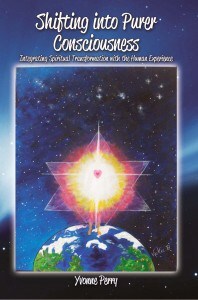
How I Published My Book
by Yvonne Perry
When choosing a publishing method, there are three basic options these days. The conventional route is to go through one of the “Big 6” book publishers, which includes Hachette Book Group, HarperCollins, Macmillan, Penguin Group, Random House, and Simon & Schuster. An author must query, many times using the services of a literary agent (who takes a percentage of the advance), and present a detailed overview of the book along with a bio on the author, some sample chapters, and a full-scale marketing plan to demonstrate probability of books sales.
Even though you may eventually get an advance up front, you are expected to use this money to market your own book. Yes, that’s right! Unless you are Dan Brown, John Grisham, Nora Roberts, or some celebrity who already has notoriety that insures your book will sell, you (the author) are responsible for marketing your own book. So why query and query just to receive rejection letters (if you get a response at all), give up rights to your material, and wait for years to be published just so you can share your royalties with a publisher who will not help you sell the book? And, if the book doesn’t sell, depending upon the terms of the contract, the publisher may have the right to demand the return of a portion of the advance.
The advantage to using this publishing method is that it gets the book into Ingram and other catalogues that bookstores buy from, but with bricks and mortar bookstores closing their doors due to people buying books online, this isn’t enough of a reason for me to choose conventional publishing. Especially when this distribution channel is available through self-publishing via Lightning Source (LS) and many on-demand publishing companies.
Thanks to CreateSpace and Lulu.com, it is easier than ever to bring a book to market. And, it doesn’t cost a thing to do so—unless you opt for some of the advanced services such as editing, interior layout, custom cover design (most have free templates), expanded distribution channels, or marketing assistance these companies offer. This type of self-publishing is known as publishing on demand.
The thing I don’t like about LS is that they charge $50 for each revision you upload during the setup process. That’s why I published through CreateSpace (CS)—they do not charge for re-uploads.
The first time I uploaded my book and had a printed copy mailed to me, the layout was totally wrong because the fonts were too small and I had set the margins for an 8.5” x 11” book instead of the intended 6” x 9” size. I would have paid $50 to discover that mistake with LS.
A month later I had finished writing the book, reformatted the margins, font, headers, etc., and uploaded the book to check the layout. I knew this would not be the final version: I was still using one of CS’s cover templates because I didn’t have my artwork ready for the custom cover at that time. That was my second upload.
Once the reviews and endorsements started coming in, I added them to the manuscript. The book had also been through a first round of edits, so I uploaded the revised manuscript again along with the custom cover designed by Rick Chappell. I was still awaiting the photographer to do a high-resolution photo of Vickie B. Major’s artwork for the cover, but at least I could see what the cover design looked like on the actual book. Colors on the screen can be very different from what prints on paper. That was my third upload.
I used that printed copy to record the MP3 audio version of my book and proofread the manuscript—I catch more typos reading a book in print than on the screen. Thus, there were more changes to the final copy that I uploaded with the completed cover once I got the hi-res photo. That was the fourth upload and the book was ready for the market. You can see how expensive these re-uploads could be with LS.
I didn’t want to CS to get my ISBN because whoever holds the ISBN is technically the owner of the work. Instead, I got my own ISBN through RR Bowker and used a free online service to create the scanable barcode. I could have gotten expanded distribution to libraries and bookstores had I allowed CS to issue my ISBN. Since I want this distribution channel, I published with Lightning Source after I had my final copy perfected and knew I wouldn’t need to make changes to the files. So the book is technically double published. There is a small fee to publish with LS and there is an annual fee to keep the book listed in Ingram’s catalogue.
A totally self-published book means you do not use a publish-on-demand service. Instead, you find your own printer and become a publisher. It used to be that anyone who self-published a book was responsible for distribution; so, whenever a book sold, the author had to pack the book, address the package, and ship it from the large quantity of stock kept in a min-warehouse or basement/garage at home. If the book was selling well, an author could spend hours each week packing books and taking them to the post office. Things have changed and now an author can publish directly through Lightning Source (LS).
With so many options, you can make an informed choice about your publishing method. Cheers to becoming a published author.
Yesterday, Yvonne’s virtual book tour stopped at Carl Bozeman’s blog- Spiritual Intuition. Tomorrow, June 26th, the tour will be at Karen Gonzalez’s blog- Folkart Press. You are invited to visit that site to learn more about the spiritual transition we are currently in. See the full tour schedule at http://dld.bz/byrF7.
Please join the discussion on independent and self-publishing. We’re all in this creative journey together, and can all learn from one another’s experiences. I thank Yvonne for so generously sharing hers.
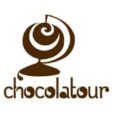
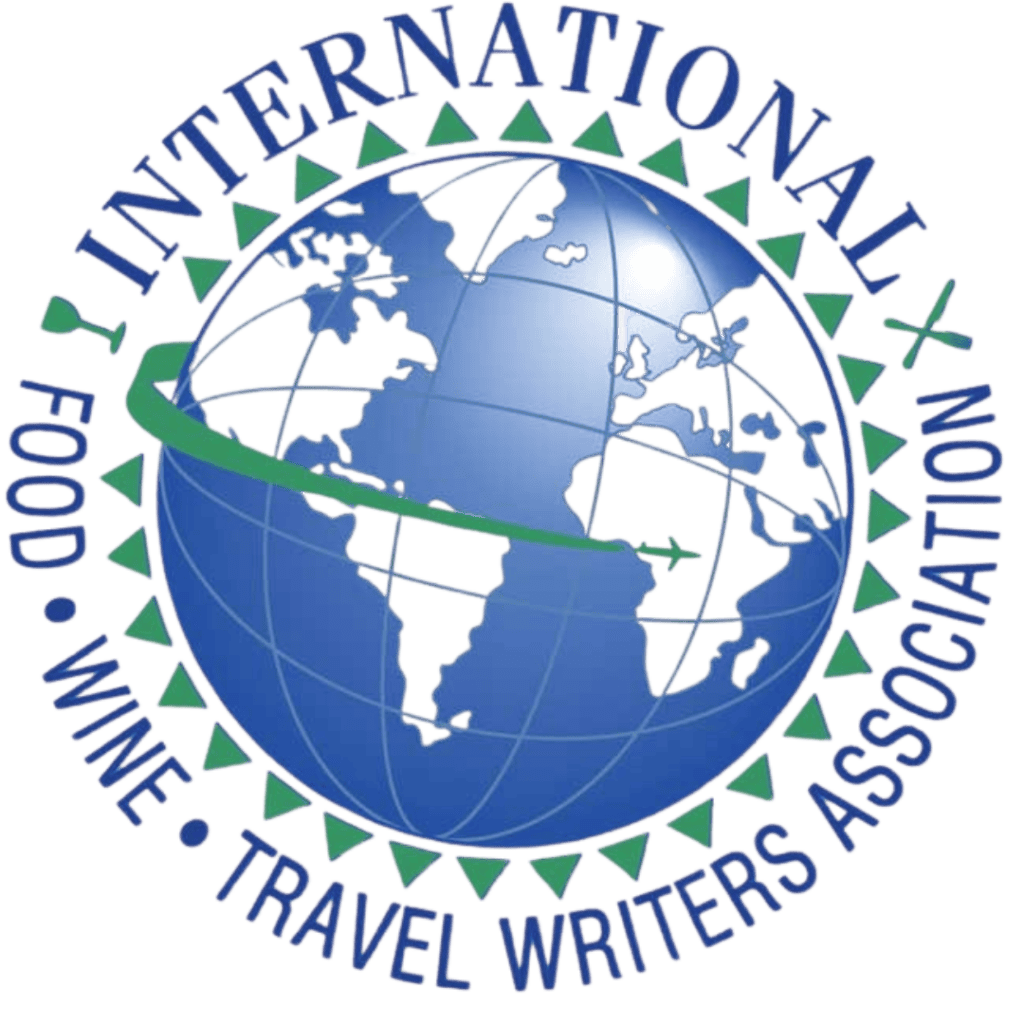
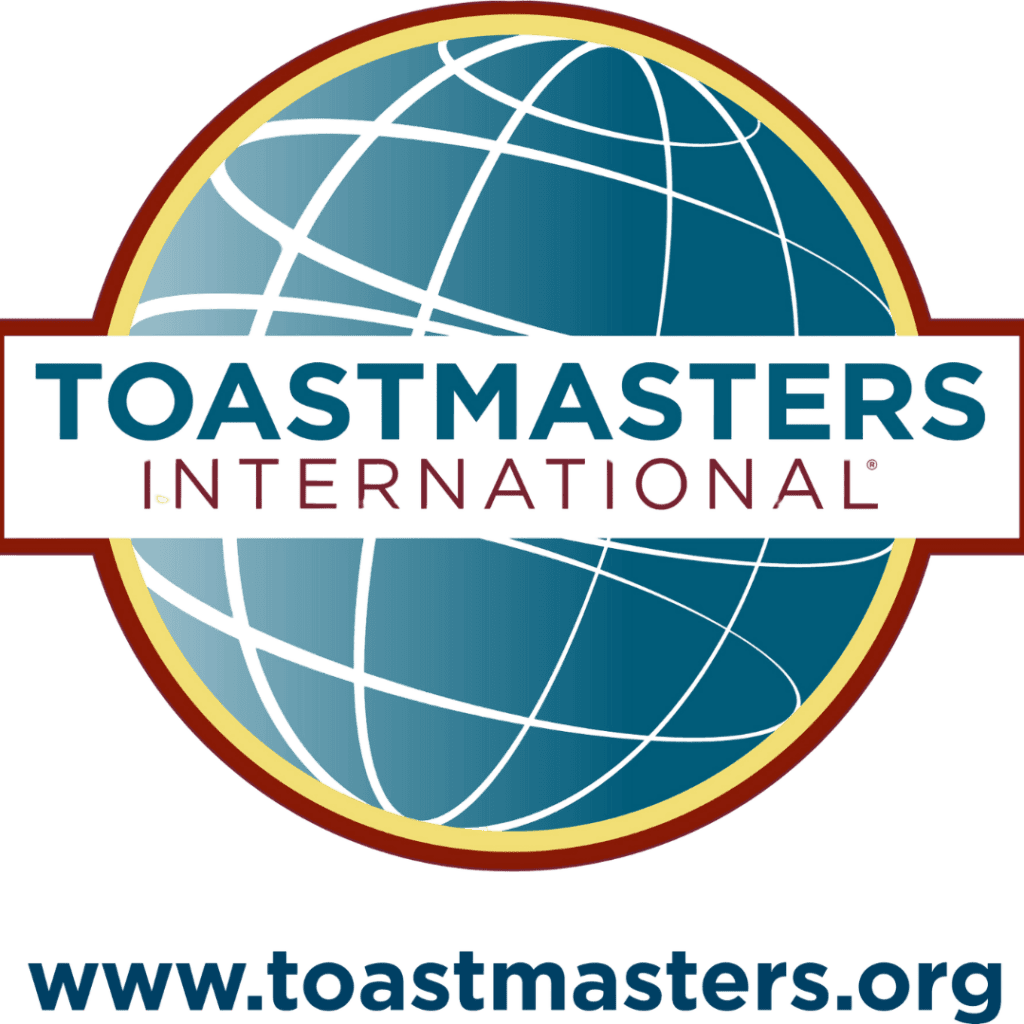

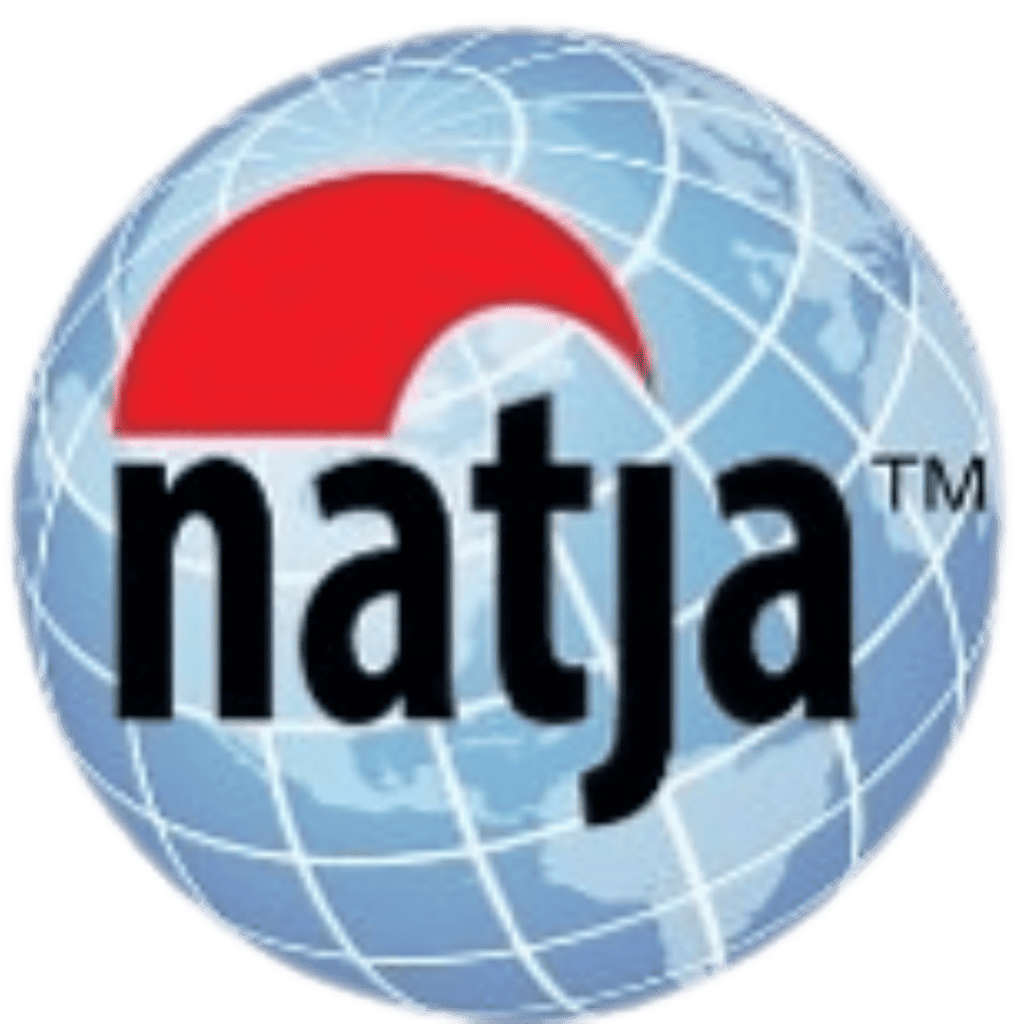

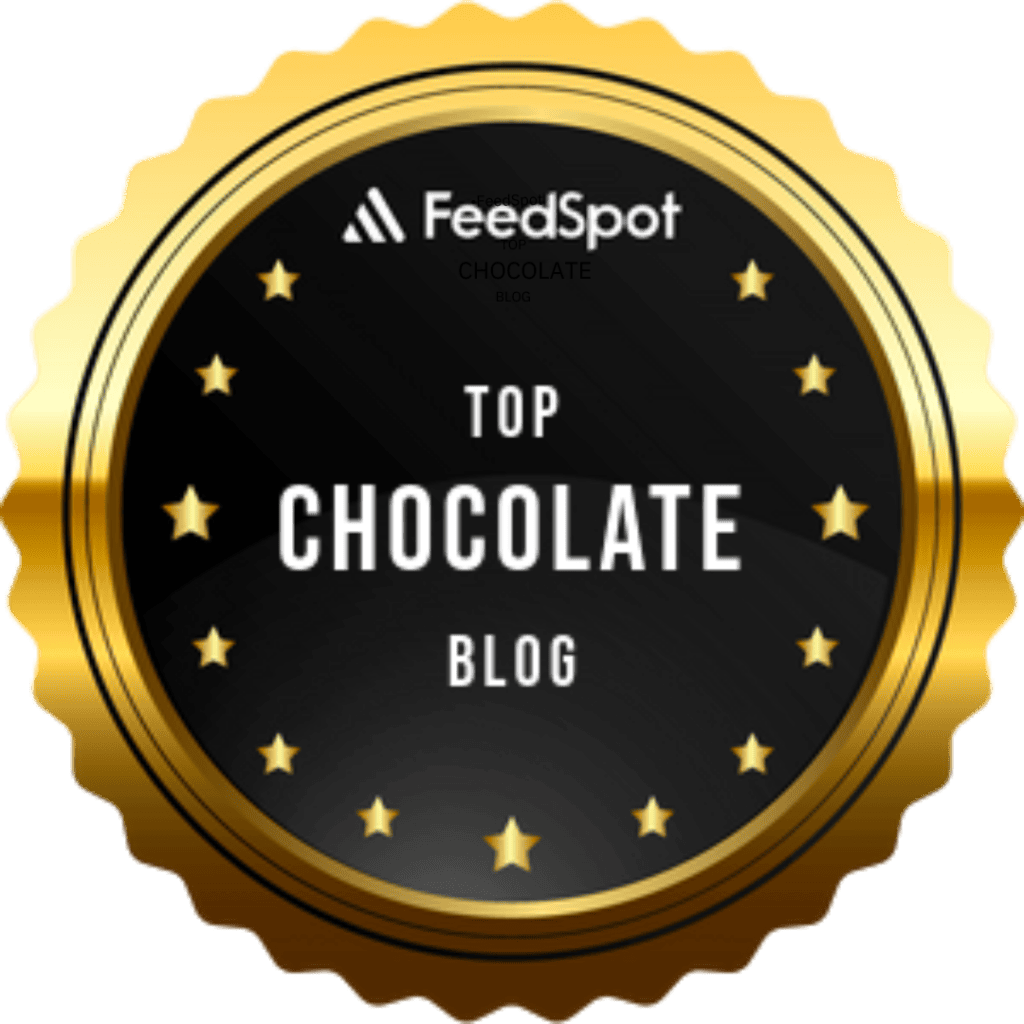
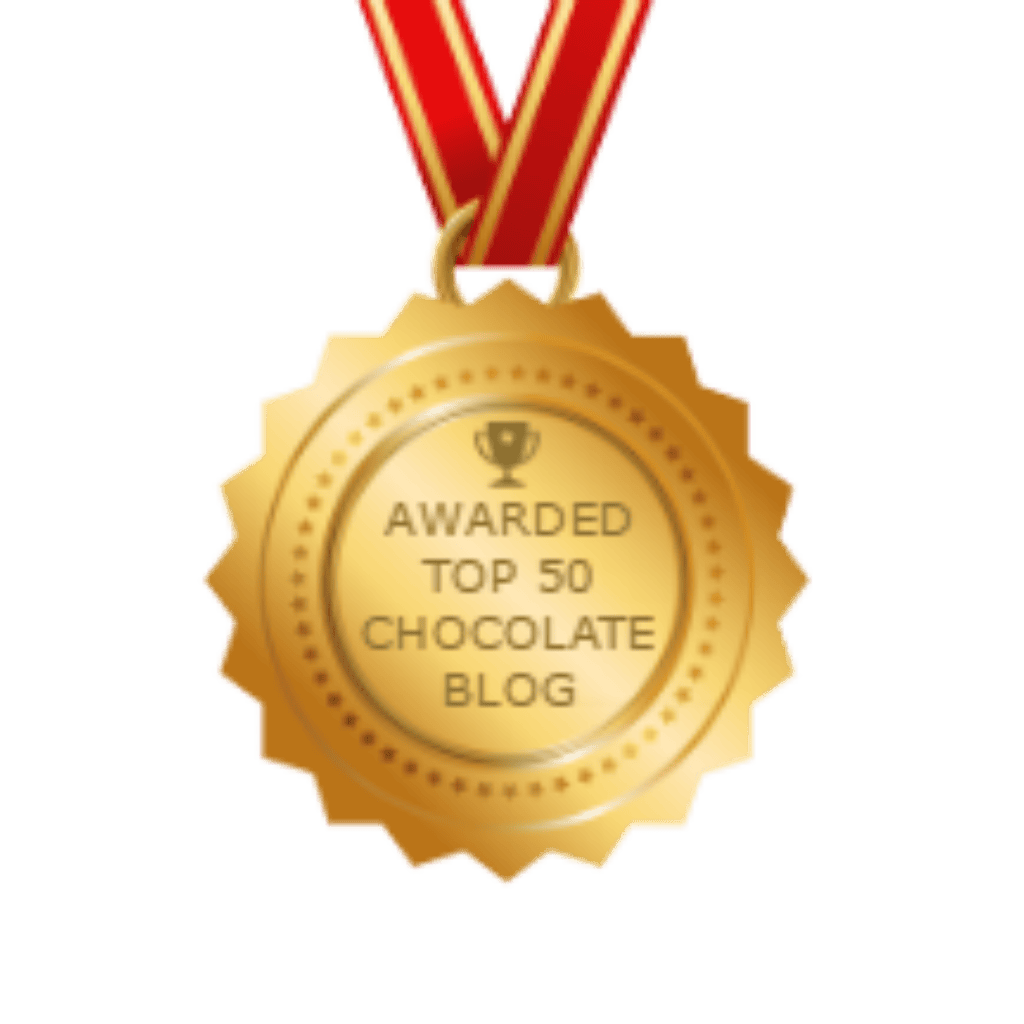
I especially appreciate the rundown of items and apparatuses that you use and why. I have not run into much nitty gritty data about independently publishing utilizing different administrations. Much obliged for the assets and knowledge you have shared about self-publishing.
Dan Brown is really a famous author. Recently, he published the book of Inferno for the Da Vinci Code. Well, he mentioned that Manila City was the Gates of Hell. As of result Filipinos angry with him and wants to make an apology.
Wonderful discussion about the “land in the middle.” I have not run into much detailed information about self-publishing using other services. Thanks for the resources and insight.
Greetings! Very helpful advice within this article!
It’s the little changes that produce the largest changes. Many thanks for sharing!
I really enjoyed the informative post you written here. Thanks Doreen for this quality post. What I learned here I will share with my friends. Though I am not a writer but I can help others by sharing this idea and tips you listed. Keep up the good work!
I’m getting to this discussion a little late, but better late than never! This post was very helpful to me. I just completed my first novel and have been researching publishing options. I never seriously considered self-publishing until reading this post. I was also unaware that I would have to market my own book, if chosen for publication with a larger company. Would any of you be able to give a ballpark figure of how much it might cost to self-publish? Thanks so much for this information!
Hi Melissa: It’s never too late to join the conversation. I never close discussion on a post as some of them, including the 3 we have on self-publishing over the past month, are really quite timeless.
Please take a look at Larry’s post which follows Yvonne’s and then at mine, which follows Larry’s. If you read the comments that follow each of the posts you will walk away with a very rich discussion on the world of self-publishing. As far as costs go, it can cost you as little as $100 if you do the layout yourself and don’t hire professionals like a designer and editor to work with you. And you’ll see from Larry’s post that he spent thousands to have his book published. So it pretty much can cost as little or as much as you like. And my most recent post is on the Espresso Book Printing Machine that allows authors to have their books printed before their eyes! So Many options for us.
Pingback: We Are 1 in Spirit | Book Tour for Yvonne Perry’s Next Book
Pingback: We Are 1 in Spirit | SIPC Virtual Book Tour: Day 10 Doreen Pendgracs
Great post, Yvonne. I am one of those Canadians who is taking advantage of the free ISBNs and CIP support (they also have a New Books Service) that alerts the industry to new releases through the Library and Archives Canada website (it’s also free). I use Lightning Source for my books – and other authors I publish – and use CreateSpace to print pre-publication copies. I tried double publishing with both on my last book, Dancing Through History: In Search of the Stories that Define Canada, but the cover looked horrible with CS (faded colours, etc.) and we couldn’t work it out… I was too embarrassed to have anyone buy my book if it looked like that, so I have kept it at LSI exclusively (for print). It really is quite incredible how many options we have now as writers/publishers! If anyone wants to see how I’ve set up my publishing company, you can look around at http://www.DancingTravellerMedia.ca
I have been reading a lot more blogs written by indie authors and it really inspires me to see writers making this move, in droves it seems. I liked your point, Yvonne, about how a publishing house will give you an advance and then expect you to use that to market your own book. I didn’t know that happened. As long as you have to do that, why bother?
I am going to be publishing my own books as well, and I had thought I would go the Kindle route. But the resources you pointed out here have given me second thought. Even if it’s just for a limited amount of people and for myself, there is something special about holding the physical book in your hand.
Thanks for your post Yvonne, and thanks to Doreen for bringing her here. 🙂
Thanks for your comment, Bethany.
Yes, it’s quite a complicated process to self publish. So many variables to consider. But it really is great to learn that overall, authors are better off with the new options — and a lot happier!
Good luck with your own publishing endeavours.
Hi Yvonne – This is excellent advice. I’ve used Lulu.com before and found their end product to be fabulous. However, because of the direct link between Create Space & Amazon I just published my Algarve Dining: Gwen’s Guide to Eating Well using Create Space. I found their service to be excellent. The only quirk is that they are set up to work primarily with text books. Mine has a lot of photos in it (it’s a restaurant review guide) and I got a lot of error messages saying that the dpi of the photos wasn’t adequate. Turns out this is a system quirk so I ended up ignoring it and my book looks fine.
I also self published an earlier book using a printer. Print-on-demand is so much better because you don’t have to fork over money for tons of copies you then have to store before they get sold. And the schlepping involved in packing & mailing feels very onerous. So I’ve opted for POD all the way from here on in.
Canadians should note that we can get our ISBN’s through a Canadian government agency for free. Just do a web search of ‘Canadian ISBNs’ and the website will pop up. Yay!! Like you, I absolutely believe that we should invest in getting our own ISBN.
Thanks so much for dropping into the blog, Gwen.
I’m so glad you’ve been doing well in the self-publishing world. You are an inspiration to me! Stay tuned for updates about Chocolatour, coming this fall to all chocolate lovers on the planet!
I’m still hoping to get to the Algarve in the next year and will be sure to pick up a copy of your book before I go!
Thanks to everyone who has weighed in on this issue, and of course to Yvonne for leading the discussion.
I came across this link today that talks about e-book royalties and thought I’d post it here for anyone following the discussion: http://writerunboxed.com/2012/06/21/maximizing-ebook-royalties-and-minimizing-the-hassle/
Thanks for hosting Yvonne, I am sure her journey in publishing will be very useful to many writers aspiring to get published.
Thank you for sharing this wonderful thoughts and I do appreciate things that I believe will be a great tool for my career. I am a newbie writer and I think I must engage myself to discussions like this to find reliable sources and insights for my progression.
Thanks for joining the discussion, Drew.
You’re right. Joining discussions such as the ones we have here on the blog are a great way to connect with other writers and learn about the issues that are important to all of us. I hope you’ll subscribe so that you don’t miss a beat!
Interesting discussion. I’m both a published author with Canadian & American publishers plus I also own an independent publishing company which publishes niche regional books authored by me as well as others and which distributes books to retail outlets in Ontario and as an official Chapters vendor through Chapters/Indigo (online and our-choice selected stores).
As a Canadian, if you are self-publishing you can get a free ISBN number from the Canadian government’s agency that hands out all the ISBNs in Canada…and they are always free. Also, I would highly recommend that one also gets a Cataloguing in Publication (CIP) designation from Library & Archives. You’ll see the CIP designation on the copyright page of most Canadian books.
I’m a strong advocate of authors/writers taking control of their writing. I often mentor writers looking to publish their own books and as mentioned, you need to be careful as to the POD companies you use or the printers for print copies (we use Friesens, Altona, Manitoba for print — they will also put your book in any digital/electronic format you need for Kindle, etc.). I’ve heard good things about Lightning Source and Lulu from PWACers.
One thing for any independently-published book to keep in mind is distribution. How are you going to distribute the copies? Having the book only listed as being distributed by Ingram does not necessarily equate into sales. Some retail outlets hesitate or won’t order the books through Ingram including the physical copies into stores of the Chapters chain (though an official vendor can be designated your regional distributor and can get the print copies of book into the store….we’ve done this for some Ontario authors).
With so many hundreds of thousands of new books being self-published, how will your book stand out? How will your book get attention of the readers/buyers?
We have found the niche markets work very well. Target a market — whether subject, geographical, by age, etc. — and those in that market will be your biggest buyers.
I took a two year break from writing for national publishers, but recently just signed another book contract. Granted I can make more money per book doing it myself, but I like what I can learn from the production process. While I do well as an independent niche publisher, I love the research and writing, and letting someone else sometimes worry about the covers, layout, editing, etc. And I like getting those royalties from the publisher.
I’ll be doing more self-publishing in the future! We as writers need to harness this new era of publishing — it can be a golden time for us.
Thanks for your most insightful comment, Elle. You’ve given us plenty to chew on, and I’m sure that Yvonne may have some response as well.
Having this kind of dialogue is so very helpful to me, and I’m sure to many others.
Great thoughts, Elle. If a book is well-written and directed to a niche target market, it will do much better than one whose author is ambiguous about who the book should reach. Still, marketing is the key to any book’s success regardless of how it is published.
Thanks for reminding me about the CIP. I need to go back to the LOC and fill in that info, which I didn’t have at the time I applied for copyright. Now if only ISBNs were free in the USA!
I am another sponge, soaking up all the information I can for my upcoming book. I really appreciate knowing all the ins and outs of the publishing world. Publishers currently appear to take advantage of the authors who are at the mercy of some rather unruly publishers. Glad to see the authors are taking their power back! Thanks for this post, Yvonne as well as Doreen who hosted it! Cheers!
Right on, Satinka! It is only thru this kind of dialogue and sharing of ideas that we can make the decisions that are right for us. Stay tuned to the conversation, as I am expecting some additional voices to join in and share their knowledge. It is so very generous of Yvonne to share hers.
I’m glad to share with you all.
Paul, you can still publish your book with LS even after publishing it with CS.
You may have to pay LS $50 if you revise your book, but LS gives you much broader book distribution than Create Space does. I don’t have a problem with CS, but it is owned by Amazon and distribution is more limited than LS distribution. Also, if you you want your local bookseller to carry your book and you use LS, which is owned by Ingram, the bookseller can order your book directly from Ingram. Again, no problem with CS. Look at what you want to do, though, before you chose your POD company.
The thing I love about CreateSpace (even though it is affiliated with Amazon) is that they allow you to have your own storefront and you don’t have to offer your book at the 30% discount that Amazon does. For example, see my book at https://www.createspace.com/3839573. This feature also allows you to offer your book at any discount price you choose. That comes in handy if you are selling in bulk or to bookstores. You set up the discount code on your CS dashboard, and then only those who have the code can get the book at that price.
I am finding this discussion absolutely fascinating, Yvonne. That you SO much for sharing your experiences and expertise with us. I’m planning to do a Kickstarter project this summer and then publish my chocolate travel book this fall so I am like a sponge … soaking up everything you and the readers will share.
Thanks so much for an incredibly helpful post. The issue regarding the ISBN was particularly interesting. I anticipate self publishing one of my novels in the 18 mths, so this information of your first hand experience with the pratfalls, & ups & downs was invaluable.
Like Jeri, I also wonder whether it’s better to publish on Kindle first before going to POD later. Is there a benefit either way is it just personal preference?
Thanks Doreen for asking Yvonne to be your guest.
A.K.Andrew, please see my comment to Jeri about Kindle publishing. I would not sign an exclusive with Kindle because I want to offer my book for sale on iTunes and have it listed in their iBooks catalog. I also plan to have my e-book on Barnes & Noble for their Nook Reader. Amazon is a hog, gobbling up all the marketplace they can and it’s really not fair all this monopoly gets away with.
I’m mainly considering going through CreateSpace since they are affiliated with Amazon. It’s good to know that Lightening Sources charges $50 for new uploads Thanks for the great info. I have been wondering if its best to publish in the Kindle store first and then add the CreateSpace print on demand option later. What do you think?
It really doesn’t matter which version you publish first, but be aware that if you sign up for Kindle’s library lending program (KDP Select) you have to give them exclusive rights to your book and it can’t be sold anywhere else on the web. I will let you know that I sell more Kindle e-books than I do print books.
The formatting is different for Kindle than for print books. You may need a graphic designer to help with that.
Thanks to Wendy, Laura and Carlo for your comments. I know that Yvonne will be checking in shortly and will share her thoughts as new questions and insights arise.
Yes, thank you all for commenting. If I don’t reply, please send me a nudge.
Thank you Yvonne for sharing a overview of book publishing. I hope to publish a book in the next 3-4 years on holistic health and martial arts and I’ve realized there is a lot of planning and patience involved in the process. Also, writers are creative busy and the business side of things can always take away from what you’re doing. Thanks for the info.
Carlo, I wish you well on your writing and publishing journey. It does take a lot of forethought and planning to bring a book to the market. There is so much more to consider than just writing, editing, and publishing the book. Marketing it is a whole different story! It can become a full-time job!
GREAT info! I haven’t heard of lightening source but will definitely check them out. Also intrigued by the idea of a blog…
A blog tour is a lot of administrative work and I would not have been able to pull it off without my virtual assistant’s help. Writers in the Sky does offer this as a service if anyone is interested. http://www.writersinthesky.com/author-publicity.html#Tour
Wonderful discussion about the “land in the middle.” I have not run into much detailed information about self-publishing using other services. Thanks for the resources and insight.
My cousin has published many books via Lulu.com and is very pleased with their services. From what he has shared, they are much like CreateSpace.
I very much appreciat the list of products and tools that you use and why. I have yet to create a book much less publish one. However, if and when I do I am now much better informed. Thank you for that. :), Susan
Hi Susan and thanks for your comment.
As an amazing illustrator, I’m sure it won’t be too long before you’re working on a book of your own or illustrating someone else’s! (We’ve got to talk about that!)
I alway gain much from your writing as an example and your suggestions. :)))
Susan, thank you for commenting. It makes me smile to know that this article helped you.
Thank you for participating in my blog tour, Doreen. I trust this information will be a help to your readers. I’ll check back several times to see if there are questions I can address here.
Yvonne
Thanks, Yvonne.
I really appreciated the way you responded to questions and comments when you last guest posted on my blog. Unfortunately, there are others who offer to guest post and then don’t participate in the discussion that ensues and that lessens the impact of the discussion.